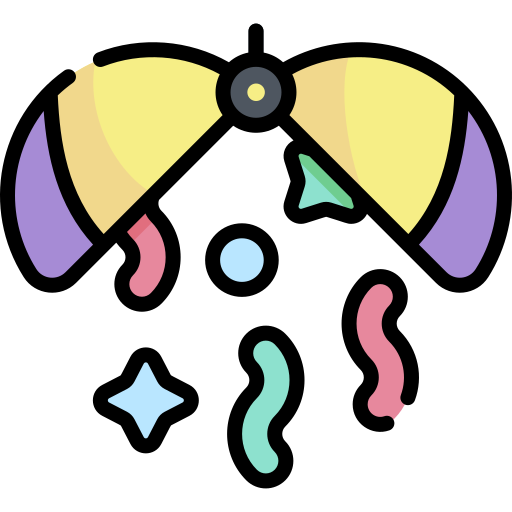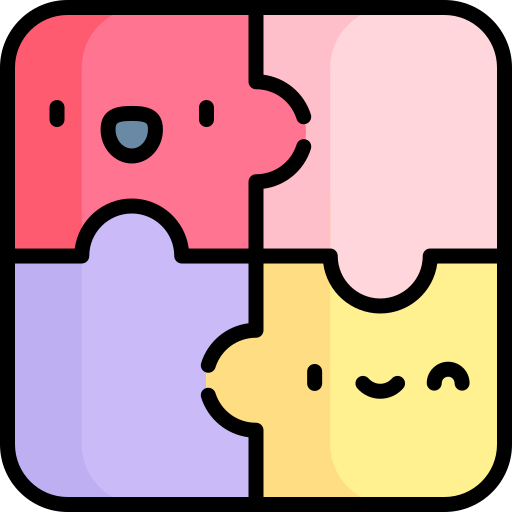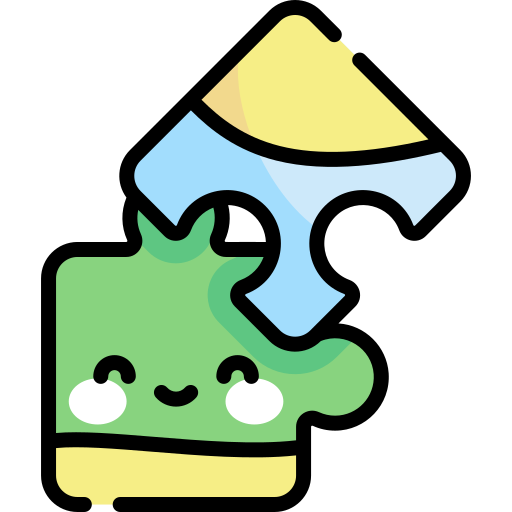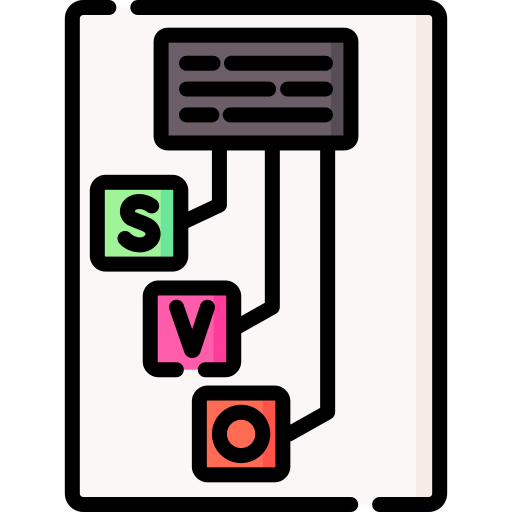 Survival Korean
Survival Korean
기초 문법
Foundational Korean: Grammar Basics
A | B | C | D | E | F | G | H | I | J | K | L | M | N | O | P | Q | R | S | T | U | V | W | X | Y | Z | ALL
N |
|---|
Neologisms | ||
|---|---|---|

DefinitionNeologisms are newly form words that may or may not be widespread in a language at any given time. You will likely not find these words in dictionaries as they tend to be on the cutting edge of language use and not uniformly across different groups of speakers. | ||
Neologisms (신조어) | ||
|---|---|---|

DefinitionNeologisms are new words created in a language that may or may not become widespread and commonly used. | ||
Noun (명사) | ||
|---|---|---|

DefinitionA noun is a word that generally functions as the name of a specific object or set of objects, such as living creatures, places, actions, qualities, states of existence, or ideas. | ||
P |
|---|
Particles (조사) | ||
|---|---|---|

DefinitionIn grammar, the term particle has a traditional meaning, as a part of speech that cannot be inflected, and a modern meaning, as a function word associated with another word or phrase; generally in order to impart meaning. In Korean, you will these as 이/가, 은/는, 을/를, 한테/한테서, 에게/에세서, etc. | ||
Polysynthetic Languages | ||
|---|---|---|

DefinitionPolysynthetic languages are highly synthetic languages, where words are composed of many morphemes (word parts that have independent meaning but may or may not be able to stand alone). They are very highly inflected languages. Many examples of polsynthetic languages are found among Indigenous languages in North America such as Navajo, Cree, Nahuatl, | ||
Predicate | ||
|---|---|---|

DefinitionThe term predicate is used in one of two ways in linguistics and its subfields. The first defines a predicate as everything in a standard declarative sentence except the subject, and the other views it as just the main content verb and evertying that comes after. | ||
Prefix | ||
|---|---|---|

DefinitionA prefix is an affix which is placed before the stem of a word. Adding it to the beginning of one word changes it into another word. For example, when the prefix un- is added to the word happy, it creates the word unhappy. Korean has many prefixes such 불 meaning "no" or "not". | ||
R |
|---|
Root | ||
|---|---|---|

DefinitionA root is the core of a word that is irreducible into more meaningful elements. In morphology, a root is a morphologically simple unit which can be left bare or to which a prefix or a suffix can attach | ||
S |
|---|
Sino Korean Words | ||
|---|---|---|

DefinitionSino Korean words are the words in Korean that actually come from Chinese. This makes up a disproportionate amount of the vocabulary (some 70%). This is not uncommon as English has about 70% of its lexicon originating from French, Latin, and Greek. | ||




